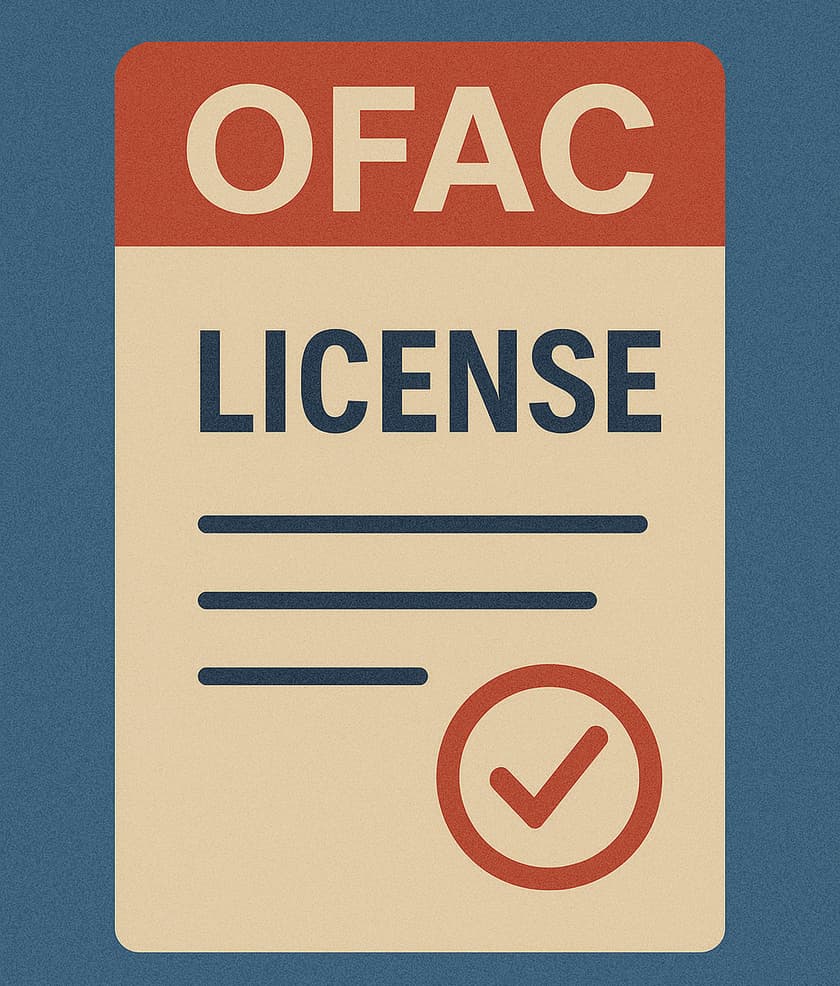The Impact of OFAC Sanctions on Global Currency Flows and International Settlements

In today’s interconnected financial system, U.S. sanctions imposed by the Office of Foreign Assets Control (OFAC) influence not only the behavior of targeted regimes but also the integrity of global currency flows. Financial institutions, multinational businesses, and individual investors are all exposed to regulatory limitations. Securing an OFAC license is often essential to proceed with certain transactions and avoid penalties. However, even with proper documentation, compliance remains challenging as enforcement policies become increasingly strict.
Currency Instability and Access Limitations
When OFAC blacklists a jurisdiction, individual, or entity, it sends immediate signals through foreign exchange markets. Currency devaluation often follows due to reduced investor confidence and anticipated capital flight. These sanctions affect not only the official targets but also businesses that rely on stable payment channels. Correspondent banking relationships may be suspended, and access to clearing systems such as SWIFT can be interrupted. The ripple effect impacts exporters, logistics providers, and even manufacturers with indirect exposure.
In practice, owners of blocked property lose access to their financial assets, sometimes indefinitely. Blocked accounts may remain frozen for years, with legal resolution depending on extensive review procedures and proof of compliance with OFAC policies.

Legal and Operational Risks for Financial Participants
Sanctions violations—even unintentional—can result in serious penalties. OFAC has broad jurisdiction over transactions involving U.S. persons, U.S. dollars, or U.S.-linked financial infrastructure. Entities outside the U.S. often face enforcement actions simply because a payment was routed through an American bank or cleared in USD.
Below are the most common legal and financial consequences for those dealing with currency operations under OFAC-restricted conditions:
- Transactions may be blocked or rejected without notice.
- Banks may freeze client accounts due to suspected exposure.
- Regulatory investigations may delay cross-border operations.
- Affected businesses face reputational damage among international partners.
- Individuals risk being listed in compliance databases or denied financing.
Each of these outcomes can result in prolonged disruption, not only financially but operationally as well. Often, companies become hesitant to engage in high-risk regions, leading to the loss of strategic contracts or markets.
Cryptocurrencies: A Risky Alternative?
In response to these restrictions, some market participants have turned to digital currencies. Cryptocurrencies appear to offer autonomy from traditional financial oversight. However, OFAC has extended its reach to blockchain networks, sanctioning specific wallet addresses and requiring exchanges to conduct screening.
This means that digital alternatives, while technically efficient, are legally hazardous without proper legal evaluation. Entities using crypto to circumvent sanctions may face secondary sanctions themselves, especially if these actions are interpreted as evasion. Legal experts strongly recommend treating all payment systems—traditional or decentralized—with equal attention to OFAC compliance.
The Role of Legal Expertise in Sanctions Navigation
Navigating OFAC restrictions requires more than routine compliance checklists. Legal intervention is essential to prevent issues from escalating and to protect access to critical financial instruments. Sanctions attorneys help draft compliant contracts, identify counterparty risks, and respond to enforcement actions. They also manage the preparation and submission of license applications, often working with regulators to expedite approval and unlock frozen assets.
Importantly, this legal oversight can help businesses maintain legitimate access to the global economy and avoid errors that might otherwise go unnoticed until penalties are imposed. In volatile financial environments, having experienced legal guidance is not optional—it is a safeguard against irreversible damage.
Conclusion
The influence of OFAC sanctions on global currency flows cannot be overstated. As enforcement mechanisms evolve, financial actors must respond with diligence, agility, and precision. Whether by securing the right licenses, avoiding high-risk paths, or engaging legal support, businesses that proactively manage their exposure will be better equipped to survive in an era of growing economic restrictions. A clear understanding of sanctions law, combined with sound financial strategy, remains the most effective way to ensure both operational continuity and compliance.




